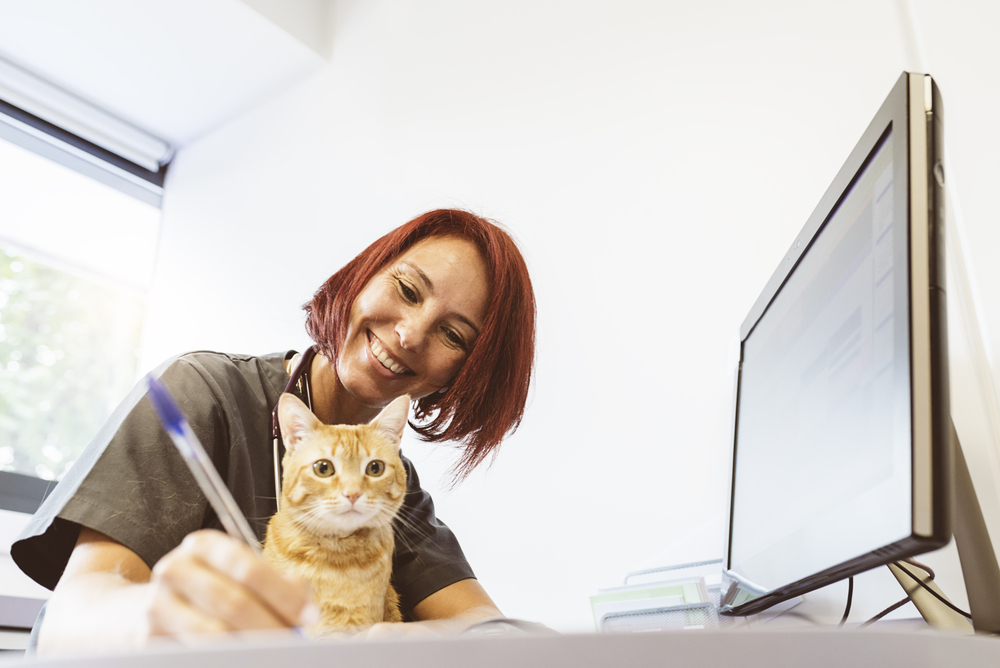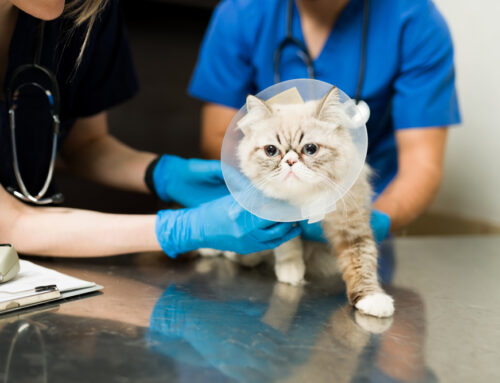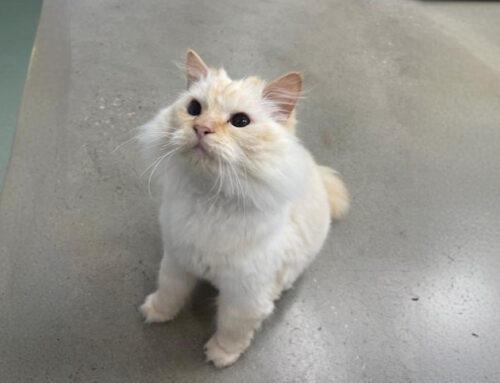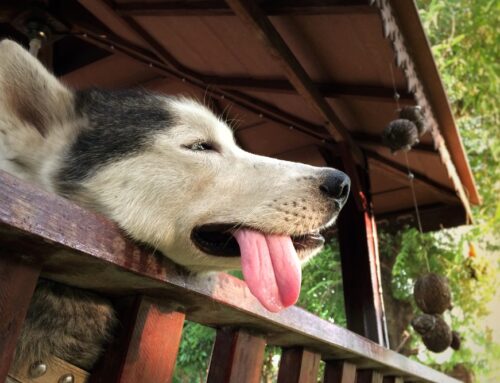Veterinary technicians have many of the same medical responsibilities that nurses have with human patients, except our patients have paws and claws. Veterinarians rely on vet techs to perform a myriad of clinical tasks and ensure that your pet’s needs are met. Vet techs are highly skilled, indispensable members of our veterinary care team.
What does it take to be a veterinary technician in New York?
People who choose a career as a vet tech enjoy hands-on work with animals, and the challenge of veterinary medicine. Becoming a licensed veterinary technician (LVT) requires rigorous training and education, and program candidates must have a strong science and math background. The vet tech curriculum includes a wide array of skills needed in a veterinary hospital, such as pharmacology, surgical procedures, dentistry, anesthesia, laboratory procedures, animal nursing, and diagnostic imaging (i.e., X-rays). In addition to classroom work, vet tech students learn an array of hands-on skills during labs and internships to gain competency in all these areas. After graduating from an accredited program, vet techs must pass a challenging national exam prior to becoming credentialed. The extensive background and testing program ensures they have the knowledge and skills to perform complex tasks in multiple scenarios.
What does a veterinary technician do?
Angry cats and Kryptonite do not faze our vet techs. LVTs are extremely flexible and knowledgeable, and can perform almost any veterinary task, except make a diagnosis, prescribe medications, or perform surgeries. They constantly shift between four key roles in hospital operations:
- Outpatient care – At your pet’s appointment, a vet tech may collect laboratory specimens from your pet, perform in-house diagnostic tests, or take X-rays. When your pet goes home with you, a vet tech is responsible for filling prescriptions, and may talk with you about follow-up care.
- Emergency care and hospitalization – In an emergency, a vet tech may be the first team member to triage your pet’s medical status. Vet techs work with our veterinarians to help stabilize your pet by placing intravenous catheters, administering fluids and oxygen, injecting medications, and coordinating the treatment plan. They are responsible for your pet’s ongoing care during their hospitalization, providing regular medical status updates to the veterinarian. Your pet will receive timely hospital treatments, careful monitoring, and comfort in strange surroundings, thanks to a vet tech.
- Surgical procedures – When your pet is scheduled for a surgical procedure, vet techs may ensure that surgical supplies, instruments, and the surgical suite are sterile and ready for use. Vet techs play a key role in developing anesthetic protocols, preparing your pet for surgery, and monitoring your pet under anesthesia, and can help the veterinarian during the surgical procedure. Many vet techs are especially skilled at dentistry, and pride themselves on polishing a pet’s teeth to sparkling white. The first face that your pet usually sees after a surgical procedure is a vet tech who is gently waking them.

- Hospital administration – If you wonder how a veterinary hospital efficiently moves patients in and out all day, you can thank a vet tech for their part in the flow. Vet techs take hospital inventory, and fill in wherever needed. This means that they sometimes answer the phone if the reception staff is assisting other clients, clean kennels, or perform any job needed to keep the hospital humming during busy times. When they are not busy, which is rare, vet techs can be seen catching up on hospital laundry or cleaning and stocking the treatment area for the next patients.
Vet techs are extraordinarily talented, multi-tasking heroes in the veterinary world. We are so proud of them, and thankful for their contributions, not only during National Veterinary Technician Week, but every day of the year. Our vet techs, as well as the rest of our dedicated team at Stack Veterinary Hospital, are always here for your pet’s health and well-being. If you have questions or concerns about your pet, don’t hesitate to call us to schedule an appointment.







Leave A Comment